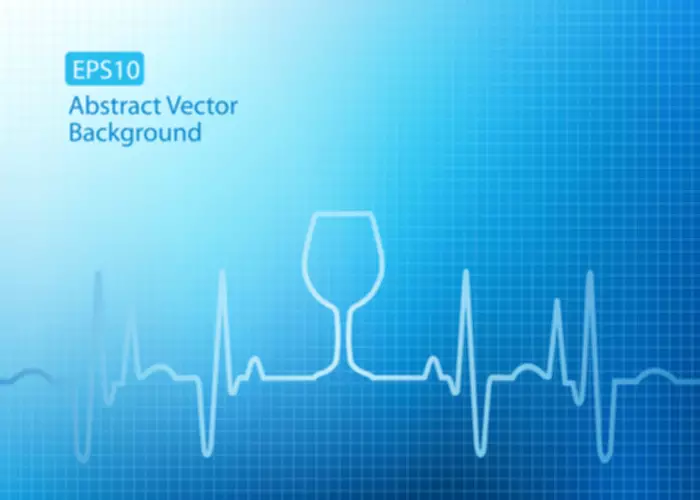
Prolonged use can induce paranoia and hallucinations, leading to distrust and erratic behavior. Chronic use of amphetamines can result in severe mental health symptoms, such as seeing or hearing things that aren’t real and extreme suspiciousness. Addiction often results in increased impulsivity, leading to risky behaviors such as unsafe sex and reckless driving. For instance, amphetamine users may engage in impulsive actions without considering the consequences, increasing the likelihood of accidents and legal issues. Amphetamine use can cause heightened aggression and violent behavior due to its stimulating effects on the central nervous system.
The Prevalence of Amphetamine Addiction

He is purpose driven towards improving the standard of and removing stigma related to behavioral healthcare. Dr. Wakim enjoys golf, traveling and time spent with his two dogs, Lulu and Rayna. Your healthcare provider can Drug rehabilitation tell you more about how long you should wait after taking your medication before it’s OK to drink alcohol.

Can we count on your support?
They can also tell you which side effects need immediate care and which can wait for an appointment. Amphetamine addiction has devastating social, physical, and mental consequences. You may be unsuccessful at cutting down or stopping your use of amphetamines. You may continue to crave the stimulant even though you know they’re causing persistent or recurrent physical or psychological problems. Treatment may be long-term and may involve periods of difficulty as a person adjusts to their life without substance use.

How Does Amphetamine Addiction Impact Cardiovascular Health?
- Even recently, soldiers have been given amphetamines for endurance in battle.
- This rewiring of the brain’s reward system contributes to the development of addiction and makes it challenging for individuals to quit using amphetamines.
- One amphetamine that doesn’t see any prescription use — but does see widespread nonmedical use — is MDMA.
- It’s important that anyone suffering from the disorder, or suspects that they might be, speaks with a medical professional to ensure they receive the proper support.
- Dependence on amphetamines may be severe and can result in addiction.
This rewiring of the brain’s reward system contributes to the development of addiction and makes it challenging for individuals to quit using amphetamines. Successfully treating amphetamine amphetamine addiction addiction requires a multifaceted and personalized approach. Initial detoxification involves supervised cleansing of the body from the drug’s toxins, followed by rehabilitation programs that offer individual, group, and family therapy.


That might affect the availability of some of these medications from your pharmacy. Nonmedical amphetamine use is common with amphetamine, dextroamphetamine and methamphetamine. This includes using them without a prescription or in a way other than prescribed. It also includes using them in other ways, like smoking or injecting them. The estimated annual prevalence of a stimulant use disorder involving amphetamines is 0.2 percent among U.S. adults, according to the DSM-5.
